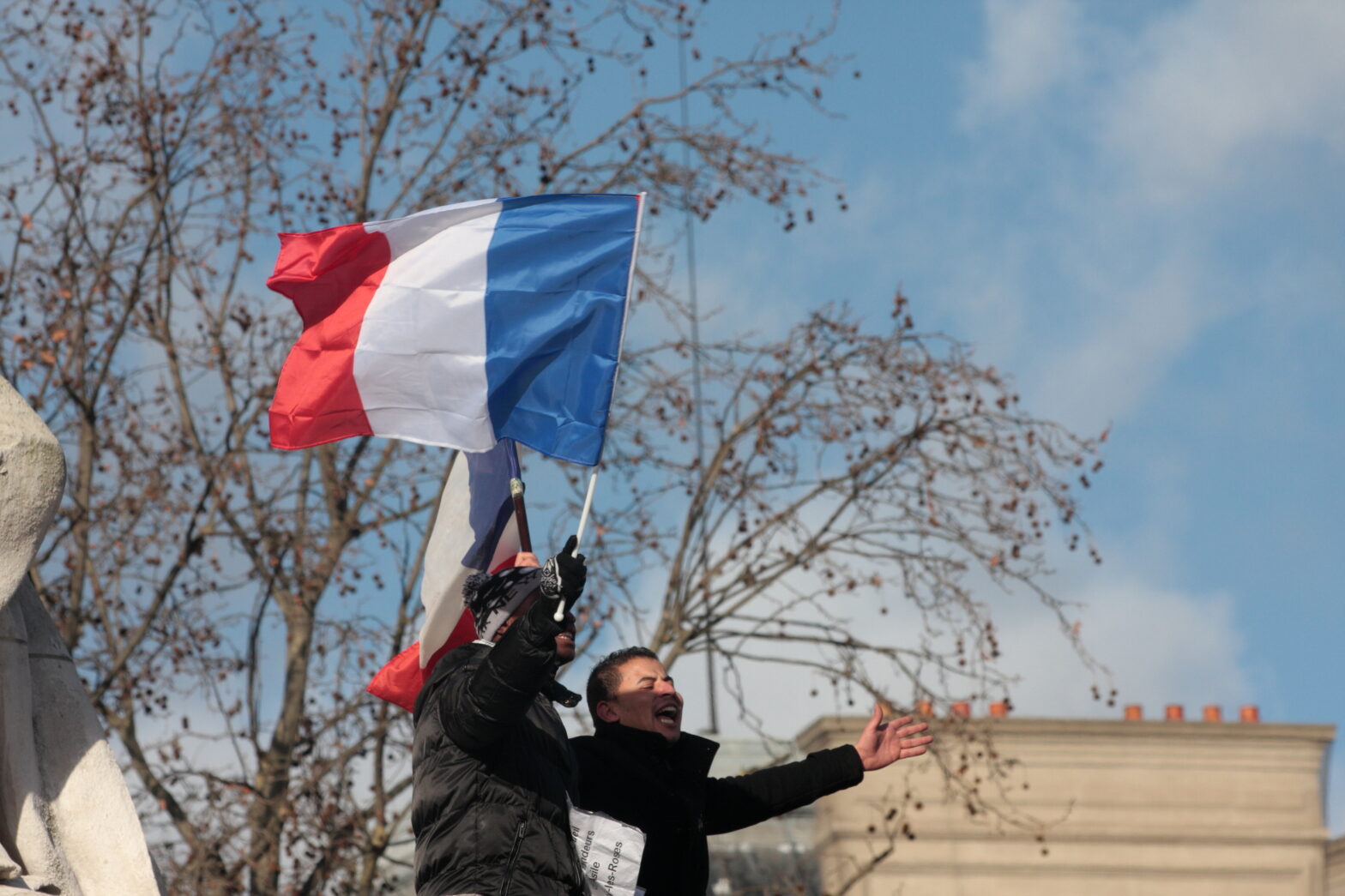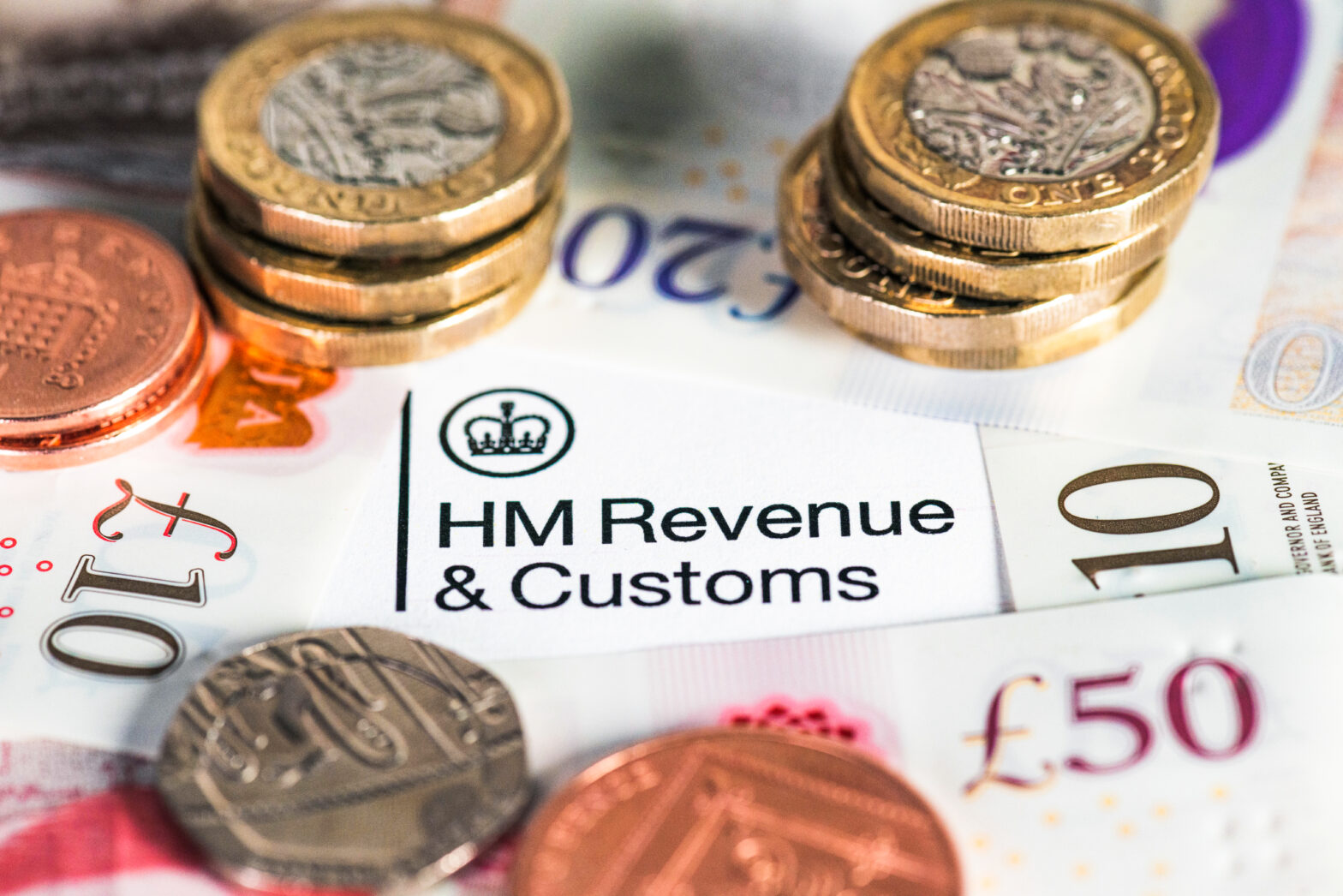“I’m doing an Anne Frank.”
That’s how one Jewish tour guide in Paris is phrasing her current state of mind in the wake of the massacre in the French capital last week. Holed up in her apartment while her assistants do the tours, this normally outgoing and cheerful American woman who has run her successful tour company in Paris for nearly a decade, has now been reduced to “…a wreck. I don’t think I’ve ever cried so much. I’m scared to go out there in case there’s more shooting.”
Too terrified to be named in case of retaliation, she is only now realising the extent to which her small business is being affected after the tragedy at the satirical magazine Charlie Hebdo and the siege at a Kosher supermarket in the east of the city between January 7th and 9th where a total of 17 people were murdered by Islamist extremists.
A large part of her bookings come from Jewish people who, while visiting Paris, want to take her Jewish quarter tours that she hosts in her inimitable comedic style. But cancellations have been coming in from around the world from clients who don’t feel safe to wander around the Jewish areas such as the chic Marais, close to the bustling shopping district of Rue de Rivoli.
The tour normally includes a visit to a beautiful, tiny synagogue tucked away down one of the backstreets, but since the attacks the Rabbi has had to refuse tourist visits for security reasons. Other larger synagogues in the area are off-limits and barred by armed police for protection. The Rue des Rosiers – famed for its falafel restaurants and Jewish patisseries – is also heavily patrolled by guards.
January is usually seen as low-season for everyone in the tourist industry. Potential customers stay home and pool their resources after the big spending splurges of Christmas, saving up for the more enticing prospects of a beach holiday in the summer. With its incredible monuments, museums and shopping districts, Paris can still pull in the crowds despite the cold weather, but violence and terrorist attacks are sure to disrupt outlets that rely on steady numbers.
Our tour guide explains: “A major part of my business is walking up and down the Jewish area so this is definitely hurting my company. Jews are afraid to come to France because of the anti-Semitism. They’re not comfortable. I’m not comfortable. It’s ridiculous. I didn’t think I lived in one of those countries.”
She’s in fact so disturbed by the recent turn of events that she’s considering her US family’s pleas to return to the States. “They want me to come home but I’ve got an amazing business here. An amazing life. My husband is French, my kid is half-French. I want to fight for France but I’m not sure I can protect my child with these people running around.”
Her supportive clientele would certainly be upset if she did decide to pack up and leave the country – she received over 100 emails from former tour visitors who wanted to check she was safe after the attacks. But now many Jewish people – expat and nationals – are considering taking their businesses and making the move away from France, despite the French Prime Minister’s insistence that “Without Jews, France wouldn’t be France.”
In that case, Parisian business will certainly be affected, and not only those involved with the tourist trade. For the moment, there’s a distinct lack of life in the city: “Jewish people don’t want to go out. Muslim people don’t want to go out because they’re scared there will be some come-back. But we have to go out eventually because we have to pay the bills.”
Most of the French population, however, are appearing stoical in the face of adversity. On the popular expat website The Local France, the director of tourist consultants Protourisme, Didier Arino, said: “The impact has been relatively limited for the moment – there’s been no panic and if there isn’t another attack, we should be fine.”
At the Eurostar train terminal in London at the weekend the general feeling amongst holidaymakers was of solidarity with the French, with many tourists refusing to give in to fear or give up their break in Paris.
French politicians have also been careful to warn the public that although they should be extra vigilant, they should in no way be cowered into submission by the attacks and have encouraged citizens to continue their ways of lives and uphold the French ethos of freedom, equality and brotherhood.
Over 1 million people gathered in the Place de Republique to march for those values including the French president and world leaders such as David Cameron and Angela Merkel. Amongst the crowd was our tour guide who, although terrified, was given the courage to attend by her French husband.
She concludes: “The French will do everything they can to get people to come to their country and to Paris. Because if everyone stopped loving the most loved city in the world, then we’re in real trouble.”
Katya Puyraud operates Euro Start Entreprises, a UK based company formation agent. The company helps businesses and entrepreneurs open and expand their operations throughout the UK, Europe, the U.S., and the Emirates.






